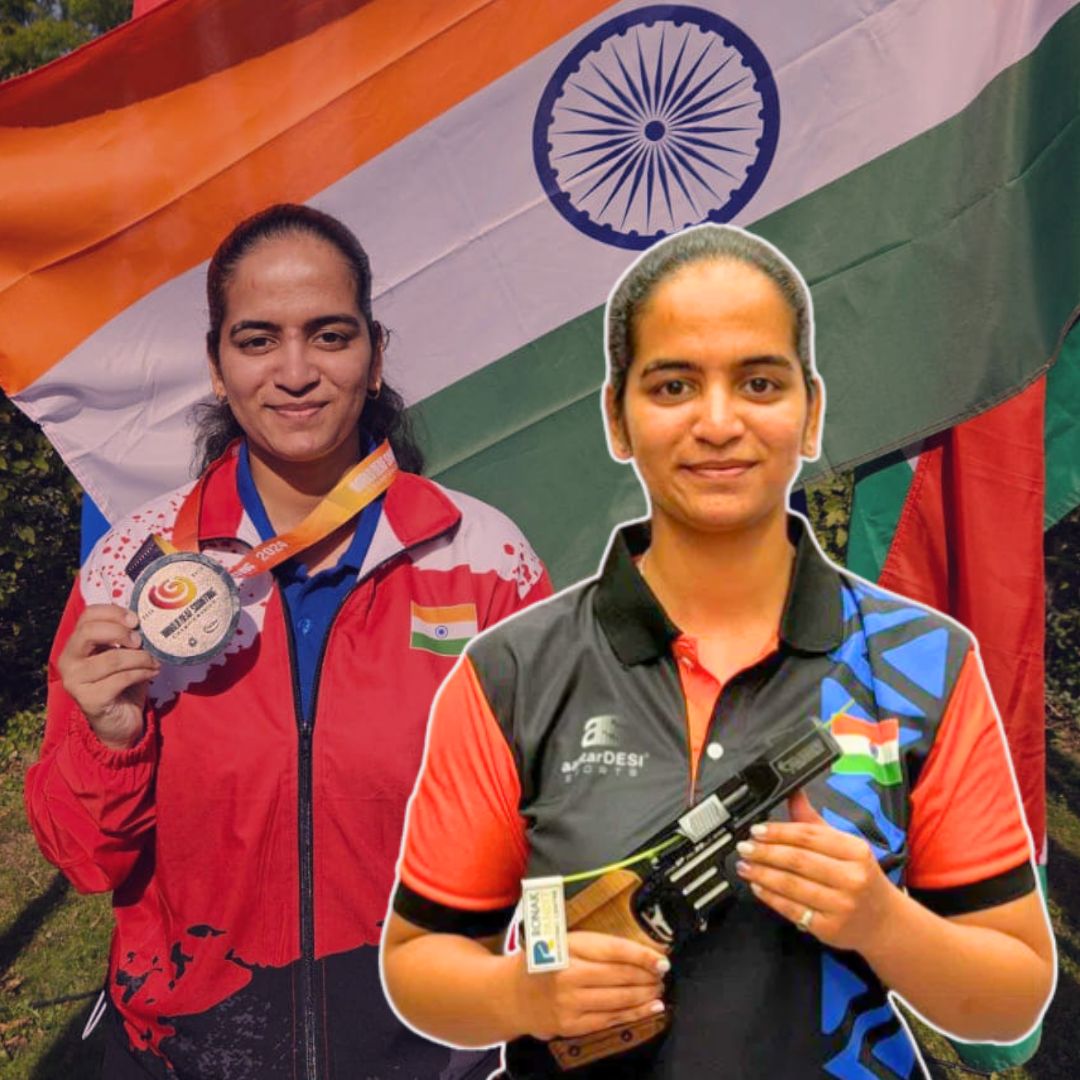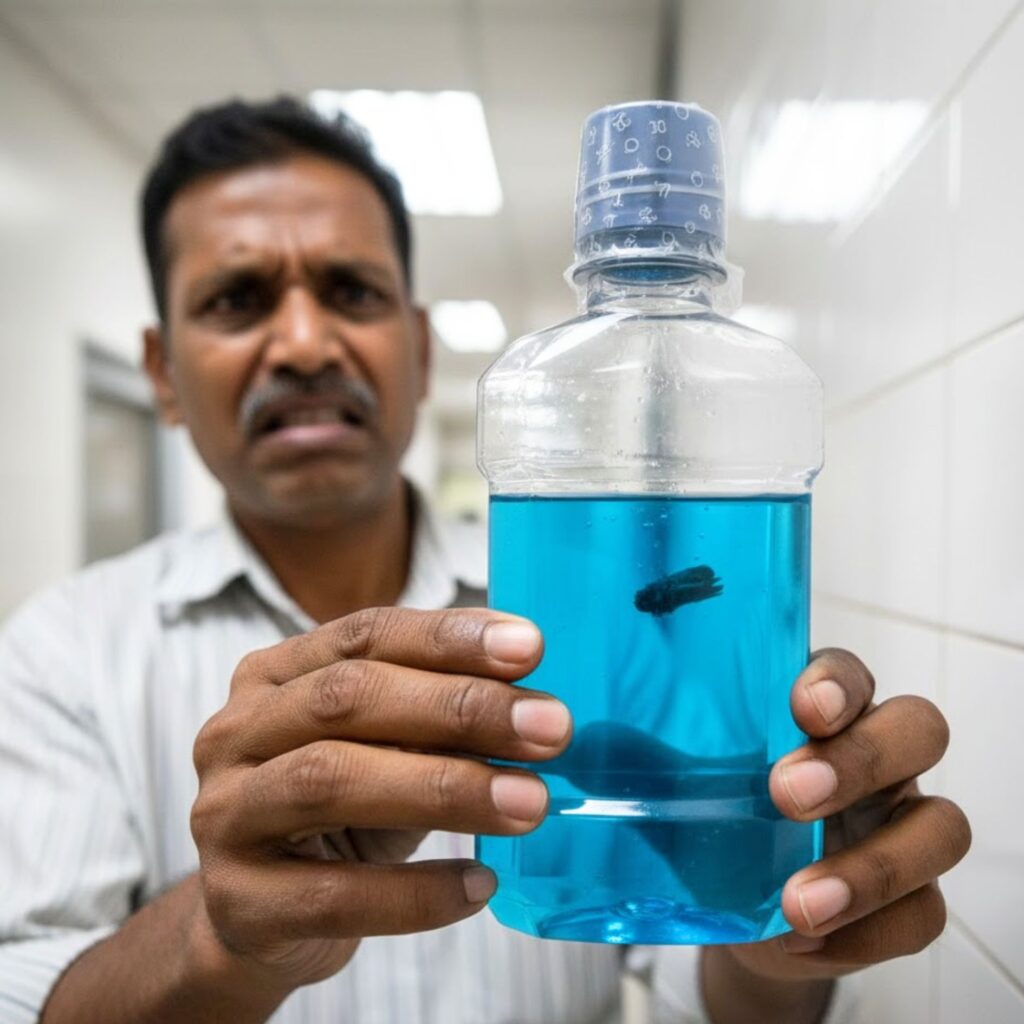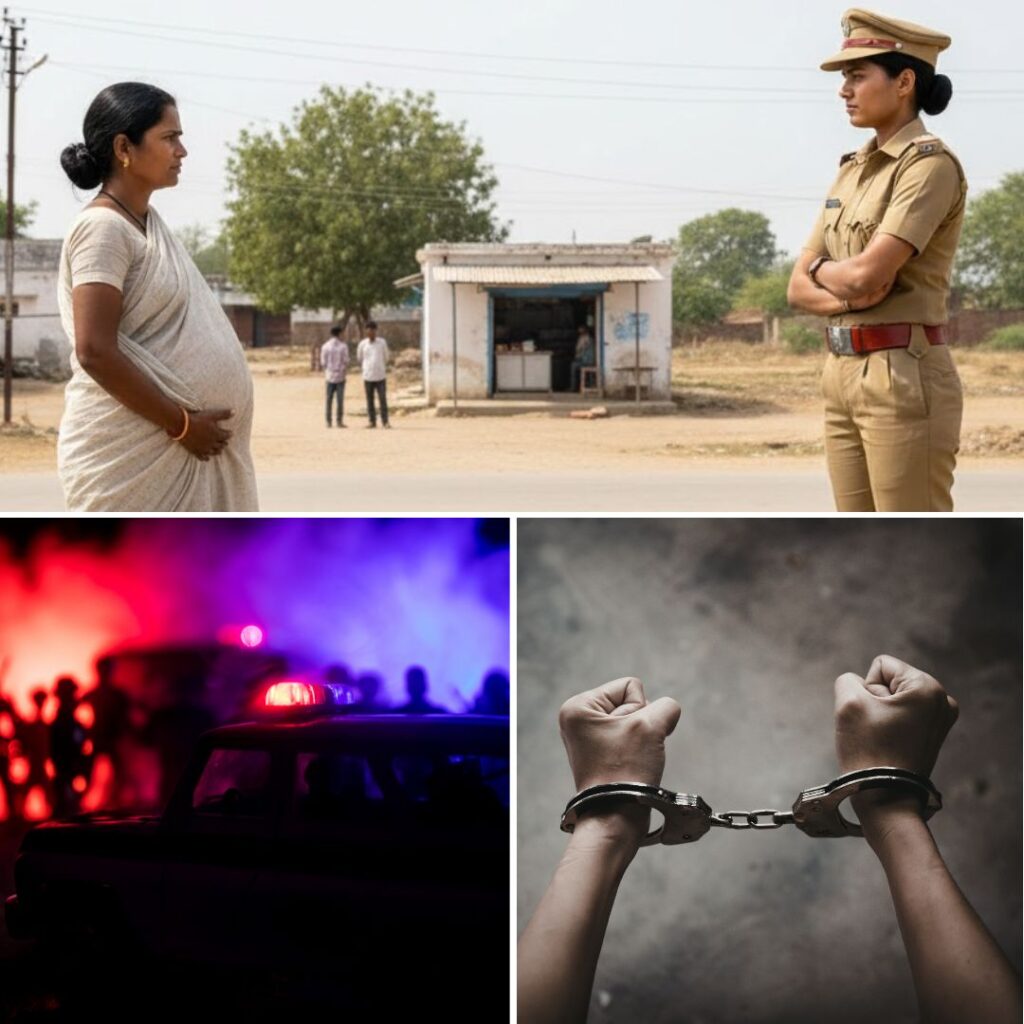Pranjali Prashant Dhumal has scripted history at the 2025 Deaflympics in Tokyo by winning her third medal-a gold in the women’s 25m pistol event.
She previously secured gold in the mixed pistol event with Abhinav Deshwal and a silver in the women’s 10m air pistol. Meanwhile, Sumit Dahiya sustained his dominance by retaining the gold in men’s 97kg freestyle wrestling, beating Omer Saner of Türkiye.
Officials have praised the athletes’ performances as a testament to India’s rising stature in Deaflympics sports.
Record-Setting Excellence in Shooting
Pranjali’s gold in the women’s 25m pistol came after a stunning qualification round where she scored 573 out of 600, setting new world and Deaflympics qualification records.
In the final, she showcased remarkable focus and precision, scoring 34 to clinch gold ahead of Ukraine’s Mosina Halyna and Korea’s Jeon Jiwon, who took silver and bronze respectively.
Her earlier success included a gold medal in the mixed pistol team event, partnering with Abhinav Deshwal, where the duo defeated opponents with a dominant 16-6 scoreline and set combined qualification records.
Pranjali’s silver in the women’s 10m air pistol event further highlights her consistency at the Games, where she finished just behind fellow Indian shooter Anuya Prasad, who won gold with a world record final score.
These accomplishments have propelled India’s shooting medal tally to a remarkable 16 medals at the Deaflympics, underscoring the nation’s growing expertise and preparation in precision sports.
Context: India’s Rising Deaflympics Dominance
Pranjali’s triple-medal haul reflects broader Indian success at the Deaflympics, with several athletes breaking records and earning podium finishes.
Abhinav Deshwal mirrored this performance in the men’s events, setting qualification records and winning gold, and Kushagra Singh Rajawat added a bronze in the 50m rifle prone competition, marking India’s expanding strength in shooting disciplines.
In wrestling, defending champion Sumit Dahiya delivered a commanding performance to retain his 97kg freestyle gold, decisively defeating Türkiye’s Omer Saner in the final.
These victories signify India’s strategic investment in training and supporting athletes with hearing impairments, translating into medal success on the global stage and fostering greater representation and pride within the sporting community.
A Legacy of Dedication and Rising Indian Excellence
Pranjali’s medal haul signifies a broader rise in India’s prowess in Deaflympics shooting competitions. Her partnership with Abhinav Deshwal, another star athlete who set qualification records, along with individual performances by shooters like Kushagra Singh Rajawat, signals a generation of Indian shooters making strong global impacts.
Beyond shooting, Indian athletes like wrestler Sumit Dahiya continue to add to this success, with Dahiya retaining his gold medal in the men’s 97kg freestyle wrestling category by decisively defeating Omer Saner of Türkiye.
The combination of record-breaking performances and consistent medal-winning indicates the result of years of robust training, government and institutional support, and a growing ecosystem that nurtures differently-abled athletes.
Officials have expressed pride in the way these athletes have handled the pressures of a global podium, bringing glory to India while setting an inspiring example for future sports aspirants across the country.
The Logical Indian’s Perspective
The outstanding achievements of Pranjali Prashant Dhumal, Sumit Dahiya, and their teammates are more than sporting triumphs-they signal the power of determination, inclusivity, and equal opportunity for differently-abled athletes.
Their success challenges stereotypes and elevates the discourse around disability and athleticism, urging society to create platforms that nurture talent irrespective of physical barriers.
The Logical Indian celebrates these victories as milestones of hope and progress while advocating for sustained support, empathy, and infrastructure to ensure that such athletes receive recognition and encouragement throughout their journeys.
This detailed coverage not only highlights Pranjali’s individual brilliance but places India’s comprehensive Deaflympics achievements in context, affirming that with empathy and support, barriers can be overcome and excellence achieved.
The sporting world-and society at large-stands to gain immensely from embracing diversity in athletic competition.












